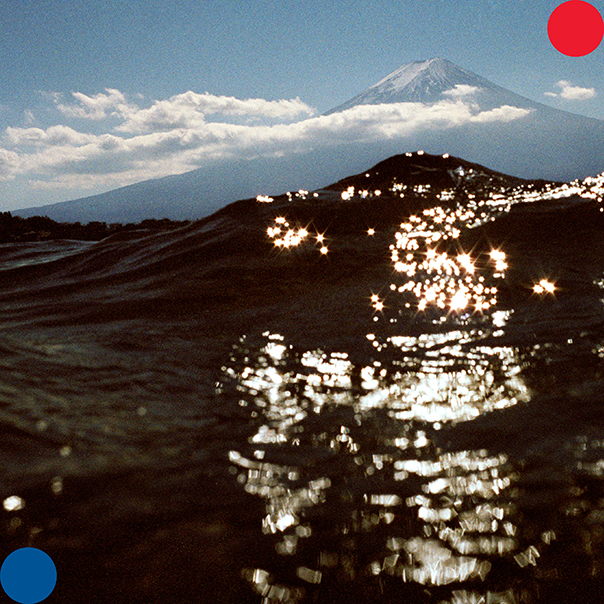ALBUM REVIEW: Cut Copy thaws out the ’80s with ‘Freeze, Melt’

There’s that adage about how each new decade brings a trend of nostalgic revival of whatever was trending 30 years prior. As we enter the 2020s, one would expect a ’90s revival; yet Australian band Cut Copy once again summons its synth-pop ancestors on its sixth studio album, appropriately titled Freeze, Melt. This retro album, Cut Copy’s first since 2017’s Haiku from Zero, will have dads and hipsters grooving to the avant-garde sounds that rocked clubs in an era long since passed.
Freeze, Melt
Cut Copy
Cutters Records, Aug. 21
7/10
Opening track “Cold Water” maintains that nostalgic quality with its pulsating triplet tempo reminiscent of the equally nostalgic “Stranger Things” theme. The song’s vocals hit extreme high notes, contrasted with a fuzzy bass synth. It maintains a very cool and soothing quality that’s pleasant from start to finish.
It’s followed by the superb “Like Breaking Glass,” which evokes the musical stylings of synth-pop legends like Tears For Fears or New Order, with a twinge of Genesis. (Hey, Phil Collins is all the rage again, too!)
“Love Is All We Share” opens with synthetic choir vocals, followed by a series of glitchy chiptune sounds. A strong synth bass begins to drive the melody but slowly fades into the background as it becomes muffled when Dan Whitford’s singing takes hold; only to return to prominence to carry the song to conclusion.
“Stop Horizon” stands out as the experimental black sheep of the bunch, with a plucky acoustic guitar opening the track and gradually introducing a humming synth in the background that chime in and out. The final leg of the song develops into a more traditional dance-pop number, which—for as out of left field as it seems—is a welcome progression that makes this song pop above the rest. The subsequent “Running In The Grass” opens with a plunky marimba that is reminiscent of DEVO.
Unfortunately, “A Perfect Day” ironically comes as a sort of low point on the album. This more vocal-heavy track offers a clash of organic percussion with bongos driving the beat, while glittery synths clash in what feels like a misstep to draw on elements of new wave.
The album regains its footing with “Rain,” which again opens with distorted chiptune sounds. The composition is characterized by traditional keyboard synths, with a sort of wailing set of strings in the background, evocative of your typical cyberpunk soundtrack like that of “Blade Runner.”
The album closes with the strictly instrumental “In Transit,” carried with a driving tempo, muffled synths and chopped soundbites peppering the opening. As the song closes, it progressively deteriorates, yet it feels natural to the ambient quality of the record as a whole. While the ’80s was a decade with a treasure trove of great music, we have the last 10 years to look back on its revival.
Follow editor Tim Hoffman at Twitter.com/hipsterp0tamus.
